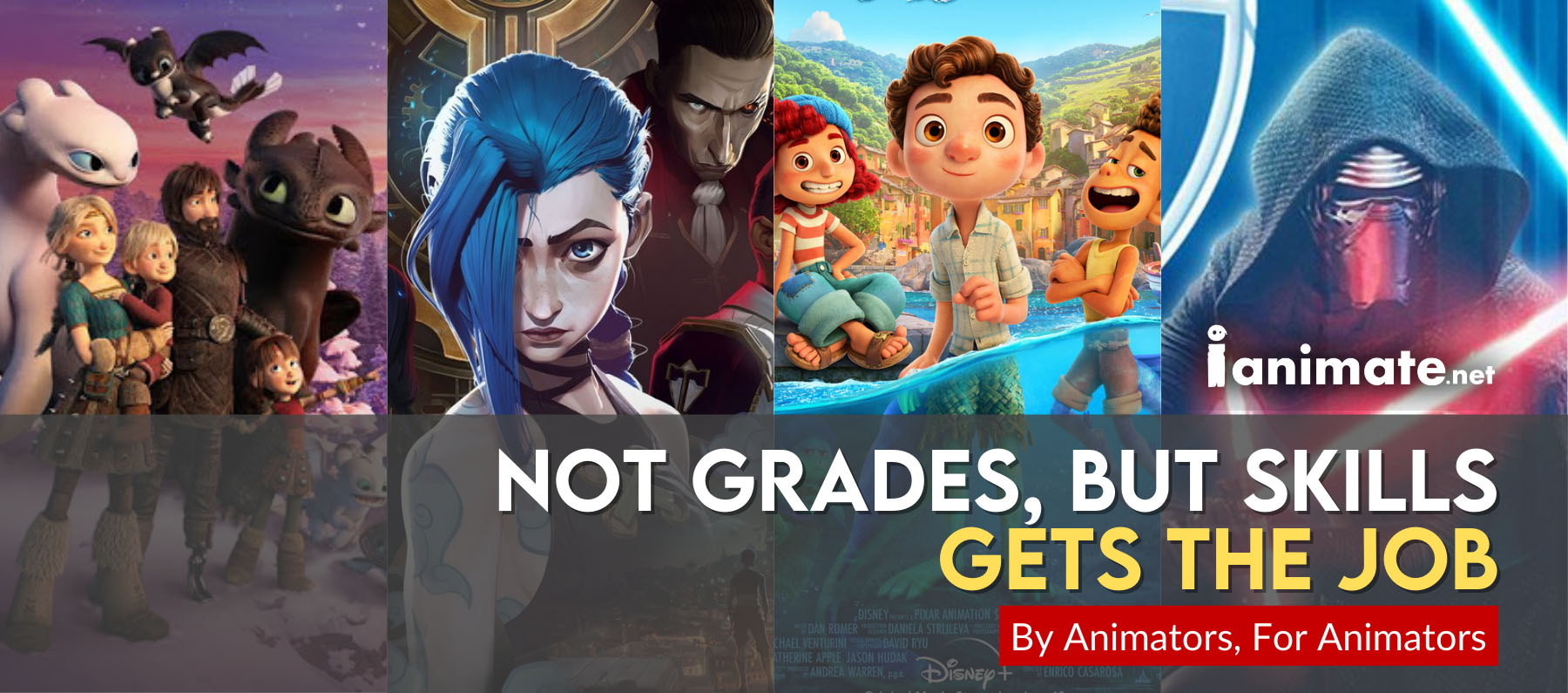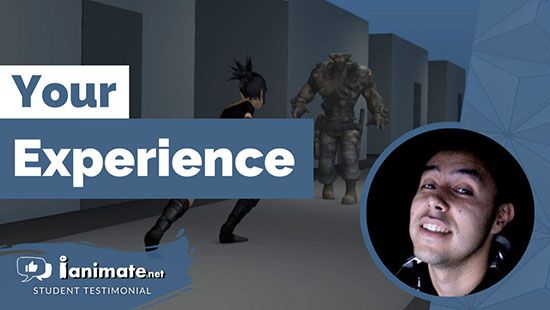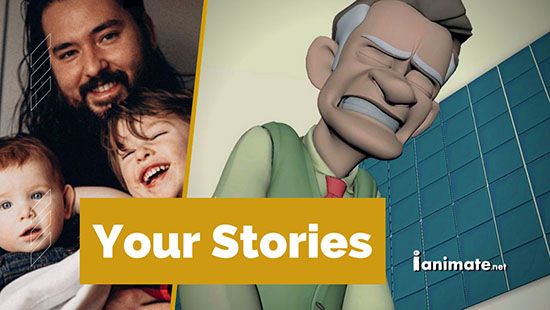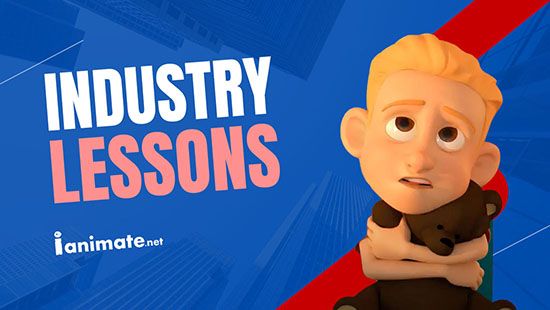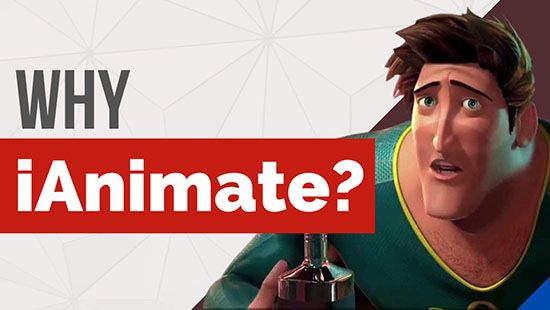What Education Do Animators Need? Essential Training Paths
What education do animators need? Discover the essential training, skills, and alternative paths for a successful career in animation.
Article by Richard Arroyo & iAnimate Team
Aspiring animators often wonder what education they need to break into this competitive field. While a formal degree isn't always mandatory, many successful animators have benefited from specialized training in animation, visual arts, or computer graphics. Ultimately, a combination of technical skills, creativity, and a strong portfolio can pave the way for a rewarding career in animation.
Formal Education Options for Aspiring Animators
What's the deal with becoming an animator? Do I really need a fancy degree?
Let's break it down, folks. College degrees in animation or related fields are pretty common. But here's the thing - they're not always a must-have. Some animators crush it without ever setting foot in a lecture hall.
Now, let's talk about online animation schools. iAnimate is killing it in the online animation training game. It's like having a pro animator as your personal coach, but you're in your PJs at home. These online courses can teach you the ropes without the campus life drama. Plus, you can rewind and replay lessons until you nail that tricky walk cycle. Traditional art schools? They're still in the mix. They offer hands-on experience and networking opportunities. But let's be real - they can cost more than your first car. Some animators mix and match their education. Maybe a traditional degree, sprinkled with some online courses for flavor. It's like building your own animation education sundae. The key? Find what works for your learning style and budget. Remember, at the end of the day, your skills and portfolio are the real MVPs. So whether you're team college, team online, or team self-taught, just keep animating!
Essential Skills and Software Proficiency
So, you wanna make a career in animation, huh? But where do you start? First things first, let's talk about the skills you need before diving into all that fancy software. Think of it like learning to cook before buying a top-notch kitchen.
Here are the essential ingredients for your animation recipe:
- Drawing skills: You don't need to be Picasso, but basic sketching helps.
- Storytelling: Can you make people feel something with your art?
- Observation: Notice how things move in real life. It's your secret weapon.
- Patience: Animation takes time. Lots of it. Get comfy with that idea.
- Creativity: Let your imagination run wild. The weirder, the better sometimes!
Now, here's a fun fact: these skills are like muscles. The more you use 'em, the stronger they get.
Remember that time you tried to learn a new dance move? It's kinda like that. At first, you're all clumsy and awkward. But keep at it, and soon you're busting moves like a pro. The same goes for animation skills. Practice, practice, practice! Online courses, like those at iAnimate, can help you build these skills. They've got pros teaching you the ropes, minus the intimidating classroom vibe. Once you've got these basics down, then you can tackle the software. It's like learning to drive. First, you need to know the rules of the road. Then, you can worry about which car (or in this case, software) you're gonna use. So, focus on these core skills, and you'll be setting yourself up for animation success!
Building a Strong Animation Portfolio
Ever wonder what really catches a studio's eye when hiring animators? Hint: It's not just about what education animators need. It's your demo reel - your animation portfolio's superstar! Think of your demo reel as your animation mixtape. It's gotta be fire, showing off your best moves.
Here's why a strong demo reel is your golden ticket:
- It's your first impression. Make it count!
- Shows what you can do, not just what you know
- Proves you can bring characters to life
- Highlights your unique style and creativity
Now, let's break down what makes a demo reel pop:
- Quality over quantity: 30 seconds of awesome beats 3 minutes of meh
- Variety: Show different skills, not just one trick
- Polish: Make it smooth, no rough edges
- Personality: Let your style shine through
Building a killer reel takes time, like perfecting a recipe. You might burn a few cookies along the way, but keep at it! Online animation courses, like those at iAnimate, can help level up your skills. They give you pro tips on what studios are looking for. Plus, you get feedback on your work. It's like having an animation coach in your corner. Remember, your reel is your chance to show off. It's where all that animation education comes together. So, put your best foot (or animated character) forward! A strong demo reel can open doors, even if your formal education is light. It's your chance to say, "Hey, look what I can do!" without saying a word. So, roll up those sleeves and start creating. Your future in animation is waiting!
Alternative Paths: Self-Study and Online Courses
So, you're wondering about what education animators need, but not feeling the traditional college vibe? No worries! There are some cool alternative paths to explore. Let's chat about self-study and online courses. They're like the secret menu of animation education. Self-study is like being your own animation sensei. You pick what to learn and when to learn it. Pretty sweet, right? But it takes some serious discipline. No one's gonna remind you to practice. Now, let's talk about online workshops. They're the best of both worlds. You get structure, but you can still rock those PJs while learning.
Here's why online courses, especially with pro animators, are awesome:
- Learn from folks who are actually doing the job
- Get insider tips on what studios really want
- Flexible schedules (goodbye, 8 AM classes!)
- Often cheaper than traditional schools
iAnimate is crushing it in the online animation training game. They've got workshops led by animators from big-name studios. It's like peeking behind the curtain of your favorite animated movies. These pros can tell you exactly what skills you need to land a job. Plus, you're building a network while you learn. Double win! Remember, animation is all about practice. Online courses give you assignments and feedback, just like real school. But you can replay lessons until things click. Try doing that in a lecture hall! So, if you're looking to shake up your animation education, give these alternatives a shot. Who knows? You might find your perfect animation learning recipe.
Industry Certifications and Continuing Education
Ever feel like the animation world is moving faster than a squirrel on coffee? You're not alone! Even pros wonder what education animators need to stay sharp. Let's talk about keeping your skills fresh and trendy. First up, industry certifications. They're like leveling up in a video game. These certs show you know your stuff, even without a fancy degree.
Some popular ones include:
But here's the real scoop: animation never stands still. What's hot today might be old news tomorrow. So, how do you stay on top of trends? Glad you asked! Continuing education is your secret weapon. It's like giving your brain a regular oil change.
Here are some ways to keep learning:
- Online workshops (iAnimate offers some great ones)
- Industry conferences (yeah, they can be pricey, but worth it)
- Following animation blogs and YouTube channels
- Joining animation communities and forums
iAnimate is a rockstar in the continuing education world. They've got courses on the latest techniques and software. Plus, their instructors work in real studios. They know what's up! Remember, staying current isn't just about tools and tech. It's also about storytelling trends and audience preferences. So, keep your eyes peeled and your pencil (or stylus) ready! Think of it like being a chef. You need to know the classics but also try new recipes. Don't be afraid to experiment. That's how you grow! In the end, the best education for animators is never-ending. Keep learning, keep creating, and most importantly, keep having fun!
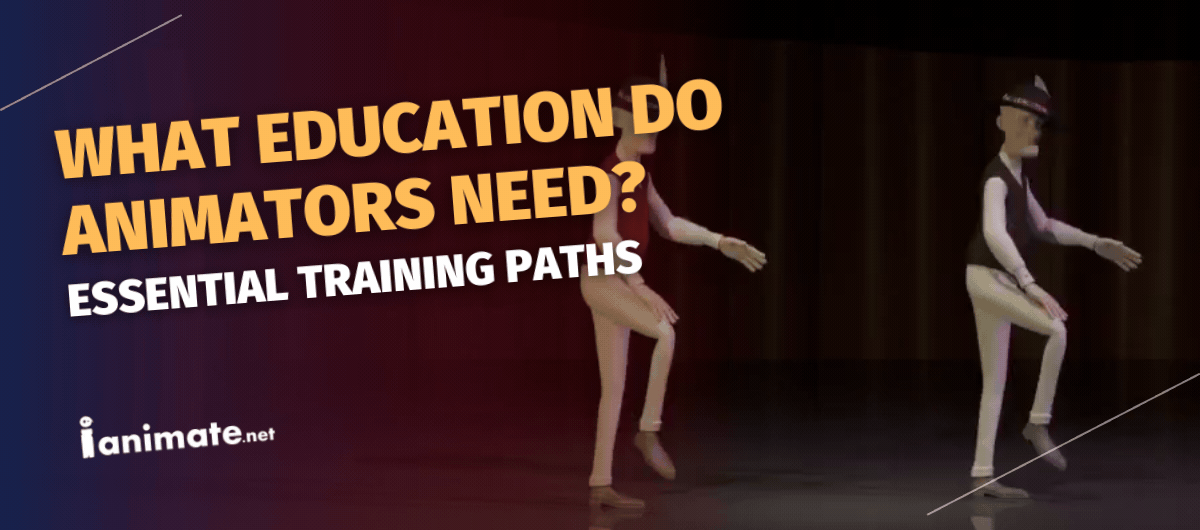
"I gained hands-on experience with industry-standard animation workflows and received direct feedback from top professionals.”
FAQs (Frequently Asked Questions)
Q1: Do I need a college degree to become an animator?
A: Nope, not always! It's like asking if you need fancy chef school to cook. Sure, a degree can help, but it's not the only path. Some animators are self-taught rock stars. Others learned through online courses or workshops. The key? Skills and a killer portfolio. That's what really makes studios drool.
Q2: What software should I learn?
A: Ah, the tools of the trade! It's like asking a painter about brushes. Popular picks include:
- Maya
- Blender
- Toon Boom Harmony
But here's the secret sauce: learn the principles first. Software changes, but good animation basics are forever. iAnimate courses teach you both. Win-win!
Q3: How long does it take to become a professional animator?
A: How long is a piece of string? It varies! Some folks land gigs after a year of intense study. Others take a few years to really find their groove. It's not a race, it's a journey. Enjoy the ride!
Q4: Can I specialize in one type of animation, or should I learn it all?
A: It's like asking if you should be a jack of all trades or a master of one. Both can work! Some animators rock at character animation. Others are wizards with special effects. But having a broad base is always handy. Start in general, then follow your passion.
Q5: How important is networking in the animation industry?
A: Super important! It's like being in a club, but cooler. Networking can lead to:
- Job opportunities
- Collaborations
- Learning from others
Online courses, like those at iAnimate, are great for this. You meet pros and other aspiring animators.
It's like making friends at animation summer camp! Remember, in animation, who you know can be as important as what you know. So don't be shy, start building those connections!
